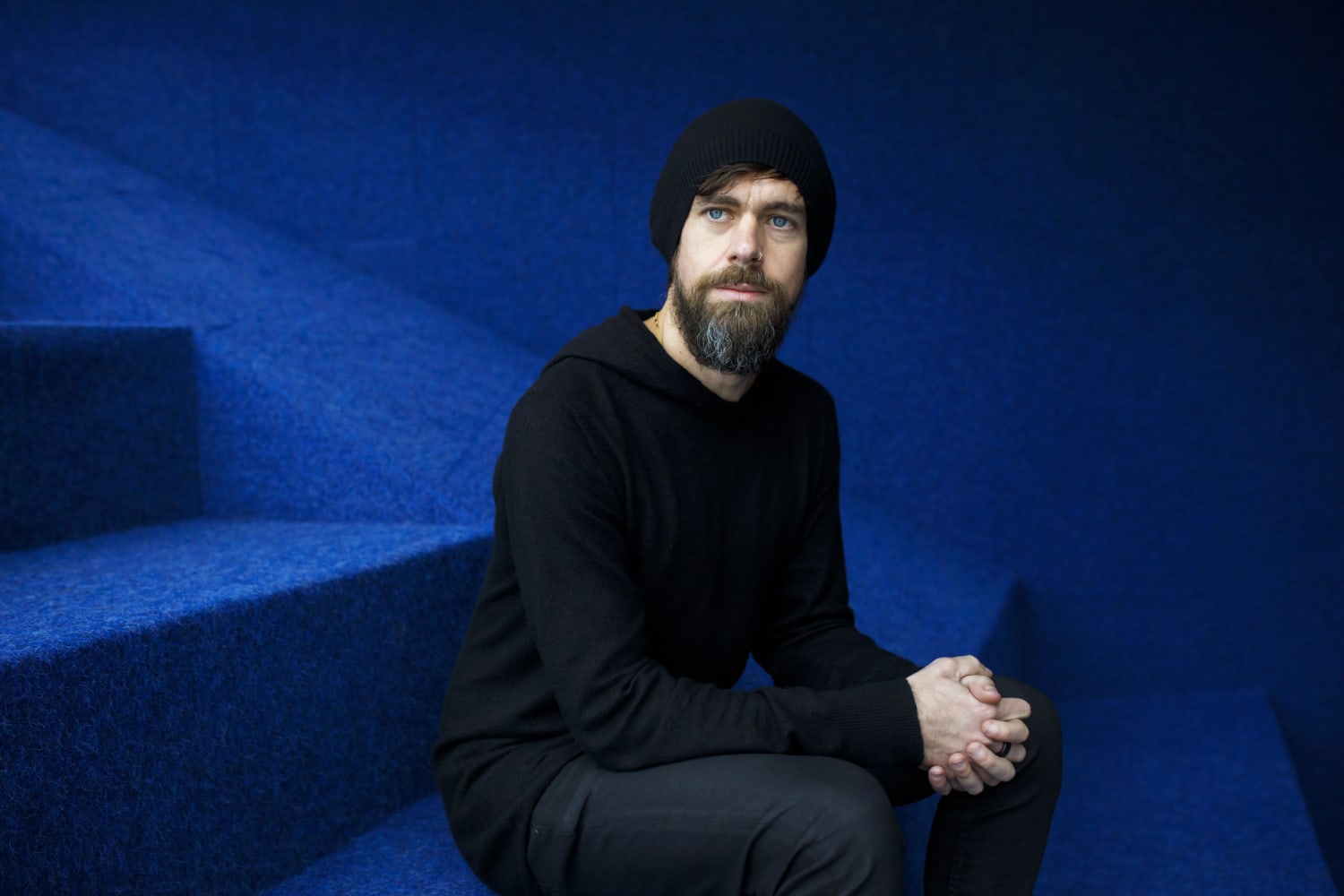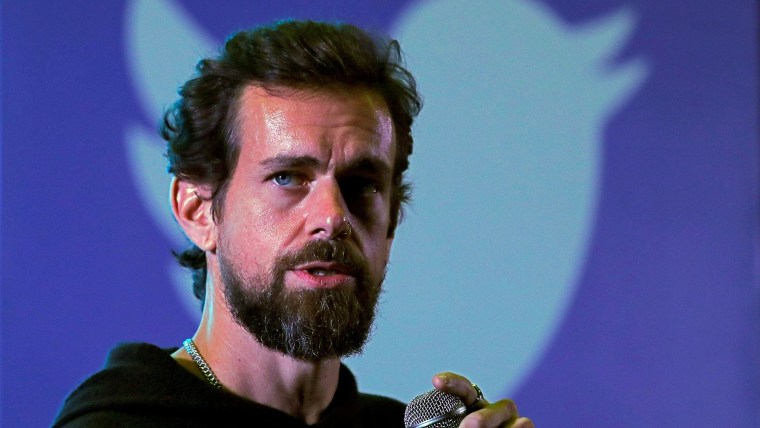When Jack Dorsey announced his resignation in his second round as CEO of Twitter on Monday, he offered a surprisingly harsh assessment of his time running the company.
“There’s a lot of talk about the importance of a company being ‘founder-led,’” he wrote in his resignation letter, which he shared on Twitter. “Ultimately, I believe that’s severely limiting and a single point of failure.”
It’s a move that some activist investors and outside critics have called for, most notably since Dorsey had also been serving double duty, working as CEO of Square, the payments company he co-founded in 2009. The critiques of Twitter were almost as varied as its critics. Civil society groups said it didn’t do enough to address abuse and misinformation; tech analysts said it did not innovate fast enough; political activists said it gave voice to extremists and fostered political dysfunction.
But Dorsey’s legacy may end up being viewed a bit rosier. The company’s stock price, while volatile, went up during his tenure. It recently rolled out a variety of features including a subscription service and a new payments feature. It also launched a variety of initiatives to crack down on extremism and misinformation.
Former Twitter CEO Dick Costolo, who led the company before Dorsey took over, said he wished he’d done more to clean up the platform. “If I could change one thing about how I ran the company, I would be much more aggressive about the way we dealt with trolls,” he said in an interview.
He also said that part of Twitter’s success under Dorsey comes from the executive’s management style, which he described as “very focused.”
“He views the role of CEO as, ‘Let’s do fewer things, but do them right,’” Costolo said. “I wanted to do lots of different things and figure out lots of different angles. Those can both be winning or losing strategies depending on how you execute. I think he did a great job against the strategy he wanted to execute, which is, ‘We’re going to do a few things really well.’”
Dorsey will step aside for Parag Agrawal, a 37-year-old Twitter engineer who’s acted as the company’s chief technology officer since 2017. And while Agrawal is a Twitter veteran, he is a departure from the co-founders of the company who have previously led it, namely Dorsey and Ev Williams.
Many hats
Dorsey’s tenure at Twitter was dogged by questions about just how much time he could dedicate to the company.
Since 2015, he has helmed both Twitter and Square. “There’s a joke about Dorsey that says everyone at Twitter thought he was working more on Square, and everyone at Square thought he was working more on Twitter,” technology journalist and commentator Casey Newton wrote. “This served to elide the question of how much he was working at all.”
Last year, the investment firm Elliot Management acquired a roughly 4 percent stake in Twitter, and attempted to oust Dorsey as CEO. One of the firm’s primary objections was that Dorsey’s attention was split, CNBC reported. The co-founder held onto his position, but agreed to let Jesse Cohn, a managing partner at the investment firm, onto the board, among other concessions.
“The writing was on the wall. He had to get out of town,” Scott Galloway, a marketing professor at the New York University Stern School of Business who previously advised Elliott Management, said during a Monday evening discussion hosted on Twitter Spaces, an audio tool that the company launched this year.
In response to a request for comment from NBC News, a Twitter spokesperson pointed to Dorsey and Agrawal’s tweets, as well as to a company press release.
Few left
With Dorsey’s departure, Twitter now has few of its co-founders involved in the company. As part of Dorsey’s agreement, he also leaves its board of directors. Only Biz Stone, one of Twitter’s four original co-founders, remains at the social platform.
While most technology companies place a high value on keeping founders involved. Dorsey said in his resignation letter, that can also become counterproductive.
“Once the product is developed, the CEO needs to be good at company building, which among other things requires knowledge of many more functions (marketing, sales, operations, finance, accounting, etc.) and how to knit together all of those functions into a cohesive organization,” Noam Wasserman, author of The Founder’s Dilemma and dean of the business school at Yeshiva University, wrote in an email. “A founder who is just learning those things will slow down the organization and harm its value.”
Wasserman noted that in analyzing 6,130 “high-potential startups” in the United States, he found that founders who remain chief executives for too long tend to “significantly harm the value of the company.”
He added that could be particularly true for a person running two companies, as Dorsey was, and that it might have held Twitter back.
“At a very simple level, you might say there is a bandwidth issue — there are limits to how many things you can focus your attention on as a leader,” says Ranjay Gulati, a professor at Harvard Business School. “The idea that you can run two companies — even if you delegate a lot of work — it’s very hard to do, for anyone.”
More freedom
In his resignation letter, Dorsey said he’s stepping down from the board of directors in May to give Agrawal space to lead. “I believe it’s critical a company can stand on its own, free of its founder’s influence or direction,” he wrote.
Gulati says the move could allow Twitter to better define why it exists in the first place. “CEOs serve a symbolic role in an organization,” he explained. “They personify the culture and purpose of the place. Why do we exist, who are we here to serve, what do we believe in? When you’re a part-time CEO, it’s very hard to live into that role, even if you’re a co-founder.”
Dorsey’s reasoning also begs the question of why he’s resigning now, according to Wasserman. “They were also true for Twitter five years ago,” he said. “Should Jack have stepped down then instead of now?”
But to Costolo, the move makes sense. He said that being Twitter’s chief executive is “constant stress and you’re under a microscope.”
Source: | This article originally belongs to Nbcnews.com











